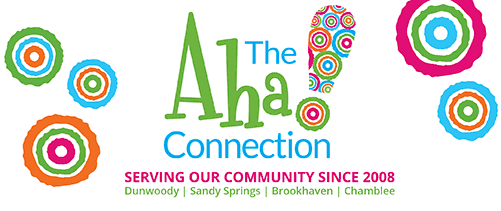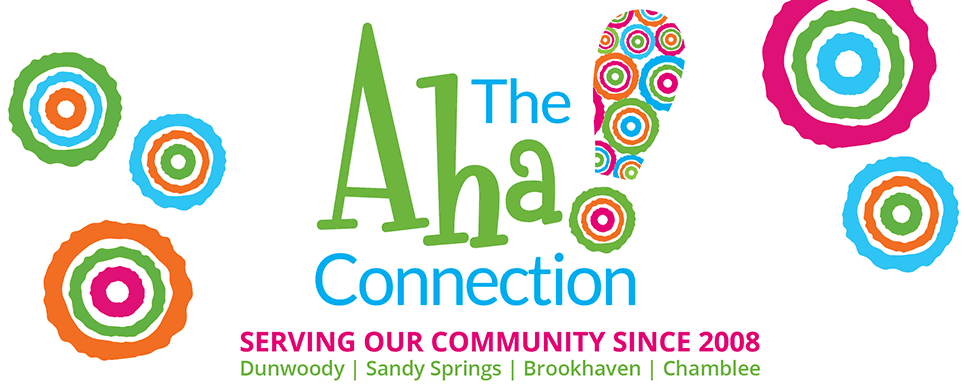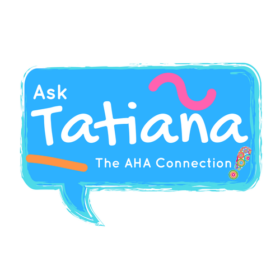One of my daughter’s friends at school (college) is bulimic. She (the friend) has admitted to being bulimic in the past but said she was over it. It has come to my daughter’s attention and other friends that she is still bulimic. How should my daughter approach her to see if she can help?
-Anonymous
Dear Anonymous,
30 million people of all ages and genders struggle with eating disorders in our country. One person dies every 62 minutes from them (National Association of Anorexia Nervosa and Associated Disorders.) Bulimia is specifically characterized by recurrent episodes of binge eating, compensatory behavior (vomiting, laxatives, etc.) and self-evaluation based on shape and weight.
Eating disorders are cunning and create a very distorted sense of self and reality. Your daughter is not going to be able to navigate this with her friend alone. She needs to contact her friend’s parents or whomever is her primary, adult support system directly and let them know what is happening. It can be as simple as “I am calling because (insert name) expressed to me she has a history of bulimia. I’ve noticed that (insert all of the observations she’s made.) I really care about her and thought you all should know.” If she is anxious that her girlfriend may become angry, she can request they do not site her as the source of information, but there are no guarantees they will live up to that request. If she is too afraid to do that, she can go to the counseling center at school. She can request they contact her friend’s parents without involving her name. If they are not willing to do so, they can walk her through other options they may offer. Last, but not least, you as a concerned parent can call the parents directly and express what your daughter has shared with you. The most important thing is that they are informed of what is happening, so they may seek specific intervention.
The treatment of eating disorders is highly specialized and only a treatment provider who has extensive training in this area should be providing care. Those in need of additional support, resources and treatment options should contact the National Eating Disorders Association 800-931-2327.
Best,
Do you have a question for Tatiana? Learn more about her weekly Aha! Advice column here.
Contact:
Tatiana Matthews, LPC
tatiana@theahaconnection.com






